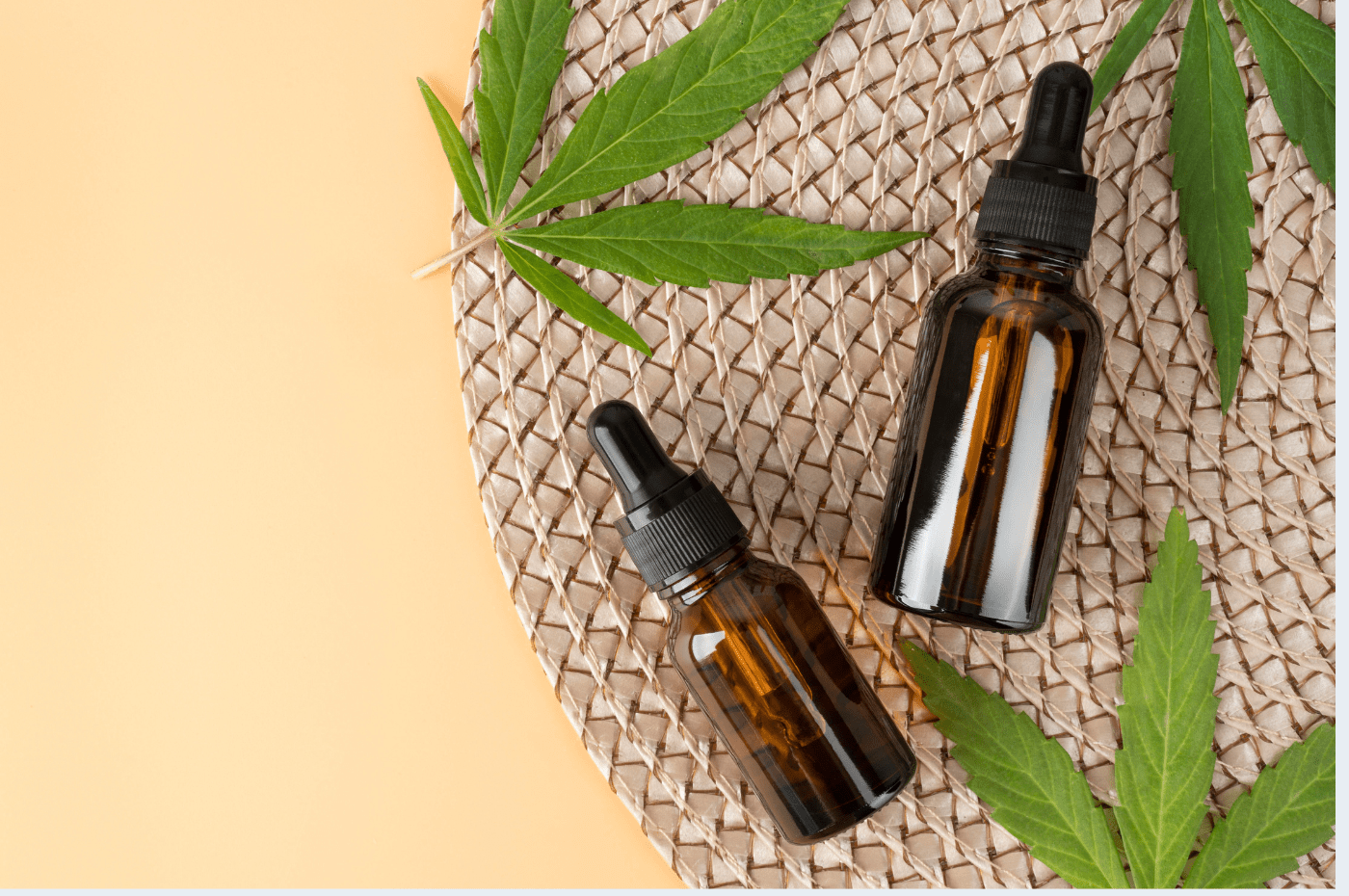Cannabis has been used for medicinal purposes for centuries, offering relief for a variety of conditions such as chronic pain, nausea, and anxiety. In recent years, synthetic cannabinoids have been developed as alternatives to natural cannabis, raising questions about their effectiveness, safety, and place in medical use. This article explores the differences between synthetic cannabinoids and natural cannabis, providing a clear understanding of their respective advantages and disadvantages.
What Are Cannabinoids?
Cannabinoids are chemical compounds found in the cannabis plant. These compounds interact with receptors in the brain and body, producing various effects like pain relief, mood changes, and anti-inflammatory responses.
Types of Cannabinoids:
- THC (Tetrahydrocannabinol): The psychoactive compound responsible for the "high" associated with cannabis use.
- CBD (Cannabidiol): A nonpsychoactive compound often used for its medicinal properties, such as reducing inflammation, anxiety, and seizures.
Natural Cannabis
Natural cannabis refers to the cannabinoids that are naturally present in the plant. It can be consumed in various forms, including smoking, vaping, oils, edibles, and tinctures. Each method of consumption has its benefits and drawbacks, but the cannabinoids remain naturally derived.
Synthetic Cannabinoids
Synthetic cannabinoids, conversely, are manmade chemicals designed to mimic the effects of natural cannabinoids. These are typically produced in a laboratory setting, often to offer targeted medical benefits.
Synthetic cannabinoids are commonly used in prescription medications such as:
- Dronabinol- used to treat nausea and vomiting in cancer patients
- Nabilone- used for similar purposes, including pain relief
Cannabinoids for Medical Use: How Effective Are They?
Natural Cannabis
Natural cannabis contains a complex mixture of cannabinoids, terpenes, and other compounds that work together, a phenomenon known as the entourage effect. This synergy is thought to enhance the plant's therapeutic effects, making it more effective for conditions like chronic pain, anxiety, and epilepsy. Some key points include:
- Pain Relief: Natural cannabis, particularly strains high in CBD, has shown promise in reducing pain without the high risk of addiction that comes with opioids.
- Nausea Control: Cancer patients undergoing chemotherapy often experience relief from nausea when using natural cannabis.
- Mental Health Benefits: Some patients report an anxiety reduction and improved mood with natural cannabis, although it can have mixed results depending on the strain and dosage.
Synthetic Cannabinoids
Synthetic cannabinoids are designed to target specific symptoms or conditions. Because they are created in a lab, manufacturers can control the chemical structure and focus on particular medicinal effects. However, this comes with some tradeoffs:
- Consistency: One of the main advantages of synthetic cannabinoids is that they offer consistent potency and dosage. This can be crucial for patients needing precise control over their treatment, such as those with severe nausea or chronic pain.
- Fewer Side Effects Theoretically: Some synthetic cannabinoids are designed to minimize the psychoactive effects, allowing patients to experience medicinal benefits without getting "high." For example, medications like Nabilone and Dronabinol are often used to treat nausea without the intense mental effects of THC.
- Narrow Spectrum: Synthetic cannabinoids typically lack the entourage effect present in natural cannabis. Since they usually consist of a single cannabinoid, they may not be as effective for conditions that require the interaction of multiple compounds.
Understanding the Safety Aspects of Cannabinoids
Natural Cannabis
The safety of natural cannabis largely depends on how it's used and in what form. Some potential safety concerns include:
- Psychological Effects: High levels of THC can lead to anxiety, paranoia, and even psychosis in some individuals. This can be particularly problematic for patients with mental health conditions.
- Addiction Potential: While the risk of addiction to natural cannabis is considered lower than that of substances like opioids, long-term use can lead to dependence.
- Respiratory Issues: Smoking cannabis can lead to lung irritation and other respiratory problems, though other methods of consumption (like edibles) avoid this issue.
Synthetic Cannabinoids
While synthetic cannabinoids may offer consistency in dosage, they come with their own set of risks:
- Unexpected Side Effects: Some synthetic cannabinoids have been linked to severe health risks, including heart problems, seizures, and kidney damage. These issues are often related to the use of synthetic cannabis products like K2 or Spice, which are sold illicitly and are much more dangerous than regulated medical products.
- Lack of Regulation: Unregulated synthetic cannabinoids can be unpredictable, leading to harmful effects. In contrast, synthetic cannabinoids used in medicine are usually more controlled but can still lead to side effects such as dizziness, confusion, and depression.
- Overdose Risk: With synthetic cannabinoids, particularly those found in illicit markets, the risk of overdose is higher compared to natural cannabis. These products are often much more potent and have led to numerous emergency room visits and deaths.
Cannabinoids: Legal Status and Availability Explained
Natural Cannabis
The legal status of natural cannabis varies significantly around the world. In some countries, it is widely available for both medicinal and recreational use.
Synthetic Cannabinoids
Synthetic cannabinoids that are used for medical purposes are typically more widely accepted and available through prescriptions. However, synthetic cannabinoids can be expensive and may not offer the same range of benefits as their natural counterparts.
Which Is Better for Medical Use?
| Natural Cannabis | Synthetic Cannabinoids |
| Many patients and healthcare providers prefer natural cannabis for medical use due to its broad range of benefits and the entourage effect. | Synthetic cannabinoids are often preferred for conditions where precise dosage and consistency are crucial, such as in the treatment of nausea in cancer patients. |
| It can be beneficial for conditions that require multiple compounds working together, like chronic pain relief or epilepsy. | These medications are also more widely accepted and regulated in regions where natural cannabis remains illegal. |
| Additionally, the availability of various strains and consumption methods gives patients more control over their treatment. |
When it comes to medical use, there’s no one-size-fits-all answer to whether natural cannabis or synthetic cannabinoids are better. Each has its own set of benefits and risks, and the right choice depends on the individual’s medical condition, the legal status of cannabis in their area, and personal preferences. Ultimately, consulting a healthcare provider is the best way to determine which option is right for you.





Leave a comment
This site is protected by hCaptcha and the hCaptcha Privacy Policy and Terms of Service apply.